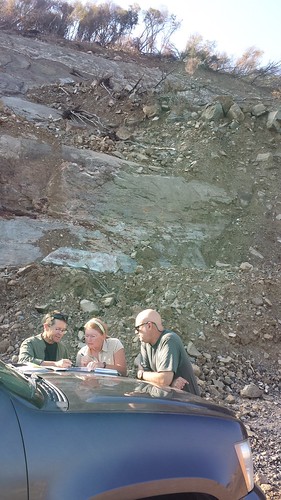
Last summer, after a flash flood swept through Tbilisi, the capital of the nation of Georgia, the U.S. Forest Service deployed three teams to help address some of the most critical challenges.
The horrific event killed 19 people, forced 67 families from their homes, destroyed roads, and flooded the city zoo. Most of the animals died and the surviving animals wandered the city’s streets.
The flood was partially caused by a massive landslide—about 80 acres in size—and minor landslides throughout the watershed, whose debris contributed to the swell of the normally small Vere River. The government of this small country requested help dealing with the aftermath of this devastating event.
Within weeks, the Forest Service started sending help: three technical teams provided critical support on a range of issues. With support from the U.S. Agency for International Development, the first two teams tackled rapid assessments of the flood and landslides and even consulted on emergency measures to create homes for the surviving zoo animals. The last team identified options for stabilizing the landslide and reopening damaged roads.
Through international engagement, the U.S. Forest Service supports American forestry interests while exposing the agency’s workforce to new ideas and experiences. We always work collaboratively with partners who include host-country governments, international environmental organizations, other U.S. government agencies, private sector firms and local organizations.
As the people of Georgia work to rebuild damaged infrastructure, the Forest Service hopes to contribute American expertise and learn from the rebuilding effort.


